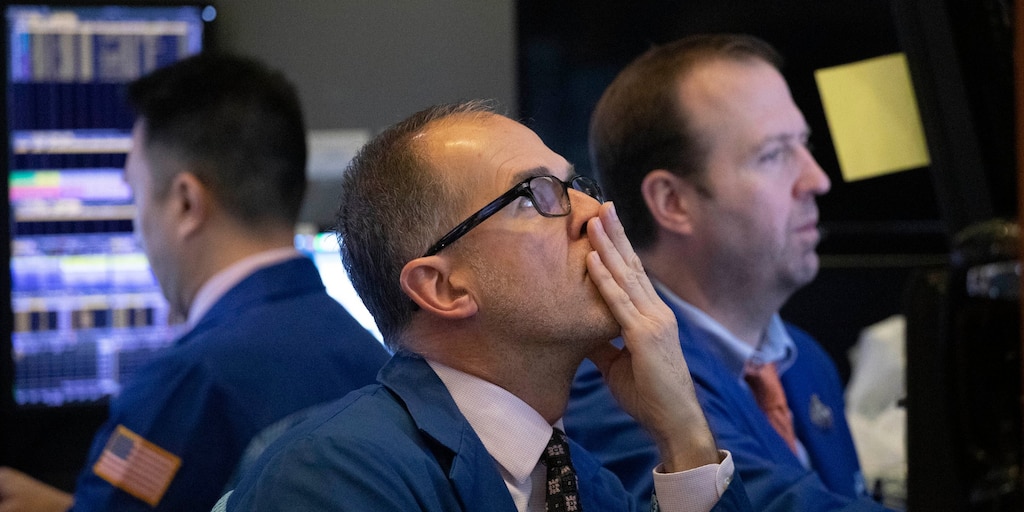 Associated Press
Associated Press
- Oil climbed on Monday as the civil war in Libya forced two of the nation’s largest oilfields to begin shutting down.
- Commander Khalifa Haftar’s forces closed a pipeline connecting Libya’s largest oilfield and another major production base.
- That has led both to start turning off the taps.
- Brent crude rose about 1.1% before retreating to hover at about $65.11. It reached the highest price since January 9.
- “The global oil market just isn’t as exposed to shocks as it once was.”
- View Business Insider’s homepage for more stories.
Oil climbed on Monday as the civil war in Libya forced two of the nation’s largest oilfields to begin shutting down. The closures come after key Libyan oil ports were blocked over the weekend, threatening oil exports.
West Texas Intermediate crude rose 1% to $59.10, before slipping to about $58.70. Brent crude rose about 1.1% before retreating to hover at about $65.11. It reached the highest price since January 9.
Supporters of military commander Khalifa Haftar closed a pipeline connecting Libya’s largest oilfield and another major production base, Reuters reported. The military blockade prompted both oilfields to start turning off their taps, Libya’s National Oil Corporation said on Sunday.
Libya’s biggest oilfield, El-Shahara, can produce up to 320,000 barrels of oil per day, according to Al-Jazeera. The output of El-Feel, the other oilfield being shut, is 70,000 barrels.
A prolonged halt in exports would see Libya’s storage tanks filled within days and production slashed to 72,000 barrels per day, a NOC spokesman told Al Jazeera, a fraction of its normal output of 1.2 million barrels per day.
However, analysts don’t expect a significant impact on global oil supply.
“I don’t think we are seeing a major disruption – certainly any spare capacity can simply be absorbed by other [Organization of Petroleum Exporting Countries] members gladly pumping a little more to compensate,” Neil Wilson, chief market analyst for Markets.com, said in a morning note.
“The global oil market just isn’t as exposed to shocks as it once was.”
Haftar and Prime Minister Fayez Sarraj’s government, which is recognized by the United Nations, have been fighting for control of Libya for the past five years. Other countries that have taken a side in the civil war agreed on Sunday to respect an arms embargo, not provide military support to either side, and pursue a ceasefire, according to the Associated Press.













